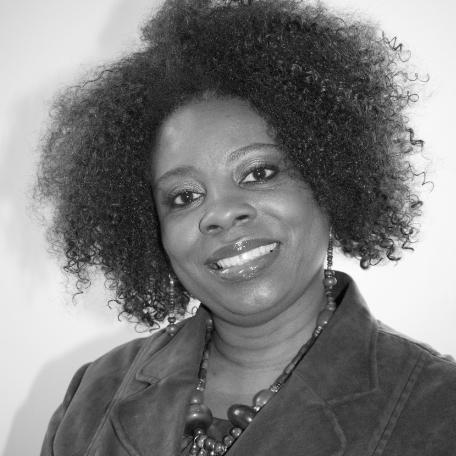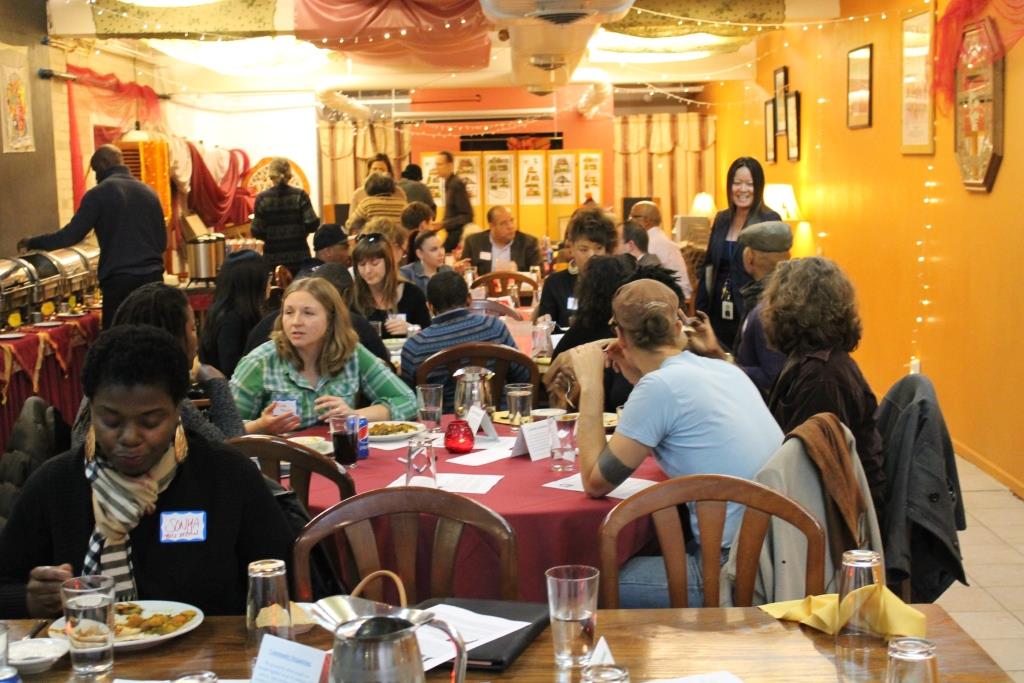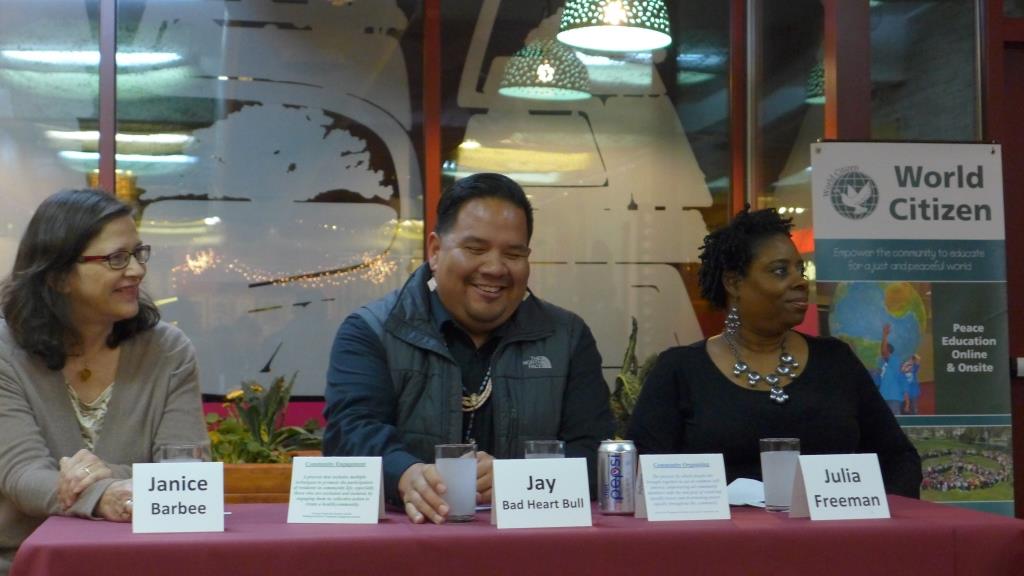 “Organizing is harder than brain surgery…
“Organizing is harder than brain surgery…
And the reason it’s harder than brain surgery is: everyone thinks they can organize. Believe it or not…they think ‘Oh, I can do that job.’ But nobody walks into the operating room and takes the scalpel out of a brain surgeon’s hand and says ‘Hey, move over. I got this.’ To be an organizer you actually have to get the tools and training to do the job.”
Julia Freeman
On Thursday, November 6th, the BCLI kicked off our first Issue Series of the season with nearly 50 community members gathered at Gandhi Mahal’s Community Room to explore the role of community organizing and community engagement in the equity movement. Specifically, we explored the following two questions, “What does effective community organizing and engagement look like? How do these two fields intersect and advance racial equity in the Twin Cities?”
The evening began with a group discussion of the differences and similarities of the two fields, before turning over to three panelists who shared their stories of success engaging and organizing for systems change. Check out the photo gallery here, and the links to the speakers’ audio below.
Julia Freeman, Senior Organizer for Racial Justice at Voices for Racial Justice (the former Organizing Apprenticeship Project), shared her experience working toward education equity, engaging those most impacted by racial disparities in education to co-create a rubric for measuring racial equity in schools:
Jay Bad Heart Bull, President and CEO of the Native American Community Development Institute (NACDI), commented how the American Indian Community Blueprint demonstrated the process of engagement with the community around visioning for what American Indians wanted rather than just needed. This led to deep relationships and trust-building within and across communities, which created a large base to mobilize organizing for the Indigenous People’s Day campaign in Minneapolis:
Janice Barbee, Director of Healing Roots and Manager of Building the Field of Community Engagement at Nexus Community Partners, shared her experience working in community over the years in South Minneapolis and the various projects that the community has driven, created and sustained. One of these was the Backyard Initiative, an initiative driven by community members in partnership with Allina Health to create a healthier community in Minneapolis:
The session ended with powerful questions ranging from how to avoid burnout to suggestions for moving from a direct service organization to a social change organization. See below for the list of questions recorded and to listen to the full Q & A.*
1. How do we create shared ownership so communities remain engaged long-term?
2. (2:54) Does a network exist across organizations to build power and movement at systems levels?
3. (6:32) How do we transform direct service organizations into social change organizations?
4. (10:54) How do we avoid burnout?
5. (13:38) What tools or strategies do you use to engage and communicate with those most impacted by issues?
6. (16:43) How do you deal with institutional racism that forces us into silos?
7. (22:45) What advice do you have for people who are doing or want to do work in organizing or engagement?
*There was a question asked about how to deal with funders’ timelines when real engagement takes time; and unfortunately there was an error on the recorder during that portion of the Q & A. Our apologies!

